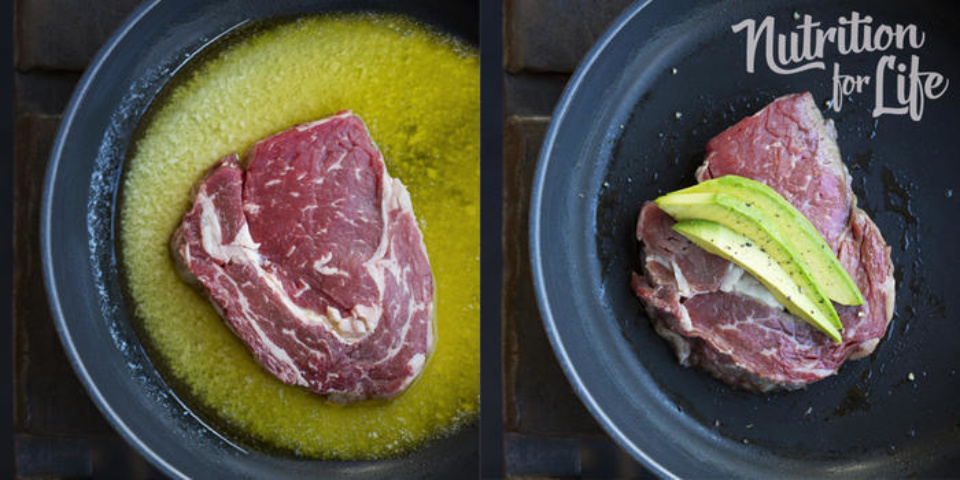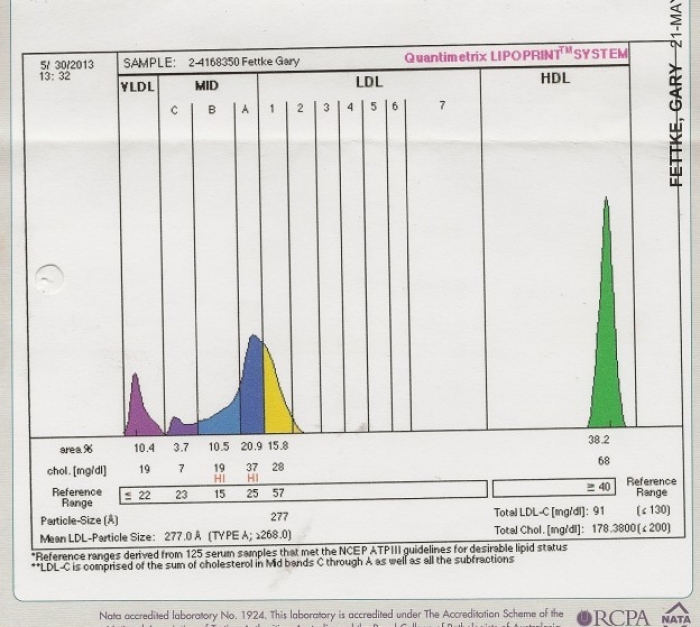What is Low Carb Healthy Fat?
Low Carbohydrate Healthy Fat principles (LCHF) include reducing sugar and processed carbohydrates, moderate protein for age, activity and metabolic health, and reintroducing healthy natural fats back into the diet.
The overview is wonderfully explained in Gary's talk from the Low Carb Downunder meeting in Breckinridge February 2017 and the slide deck is available here.
Please download the Starter Guide here and feel free to take a look at our 'What to expect when you go Low Carb' resource. We believe resources like these should be freely available to anyone wanting to take back control of their health, using Low Carbohydrate Healthy Fat principles, and isn't sure where to start :-) #isupportgary
Why should someone consider Low Carbohydrate Healthy Fat Living?
Low Carbohydrate Healthy Fat (LCHF) living is about eating real food, and that just happens to be describing food that is fresh, seasonal and locally sourced.
There is no one-size fits all.

Kids who are active and growing, and have no signs of metabolic disease, can probably include a bit more fruit and wholegrain carbohydrates in their diet. If they don't indulge in sugary sweetened drinks, sugary breakfast cereals, and highly processed junk foods growing up, they may be able to continue to include more carbohydrates in their diet as adults.
Some people are just naturally insulin sensitive, they tend to be the skinny ones who can eat heaps and heaps of food and they never seem to put on weight. Just because they are skinny on the outside doesn't mean they are necessarily skinny on the inside. A lack of obesity won't necessarily protect someone from developing inflammation-related diseases.

Unfortunately, the majority of the world's population are becoming insulin resistant.
When we talk about insulin resistance, we’re really talking about the fact that the body is getting tired of the high levels of insulin produced by the pancreas on a day-to-day basis. It’s not that we’ve become allergic to insulin, nor resistant to it as a hormone, what we have done is create a situation where our bodies are getting tired of responding to insulin. As a result of that, we’re storing more fat as our pancreas tries to produce more and more insulin to overcome their tired body.
Then we end up with what we call insulin resistance diabetes or Type II diabetes.
Do we need carbohydrates in our diet?
We are told over and over about the myth that 'the brain is dependent on glucose' and that it is dangerous to run low carb. Nutritional ketosis is NOT ketoacidosis.
Ketoacidosis is the primary concern of doctors, medical students, dietitians, midwives and most people, but biochemists understand there is a huge difference between these two states.
Carbohydrate is essentially glucose.
Excess intake provokes an insulin response and is stored as fat. Fibre with carbohydrate slows the absorption of glucose with a lower blood glucose spike and a lower insulin response. Refined carbohydrate in the form of bread, pasta and rice have very little or no fibre. Carbohydrate by itself is ‘boring’. The toppings make them interesting. It is a MYTH that we require 130 grams per day of carbohydrate in our diet.
What is fat, why do you need it and what role does it play in your diet?

A 'fear of fat' has gripped the western world since the introduction of the traditional food pyramid over 40 years ago and low-fat products have flooded the market.
Healthy natural saturated and monounsaturated fats should be part of a balanced diet, particularly for blood glucose control.
The Cholesterol myth has been well and truly debunked by Dave Feldman.
How much Healthy Fat?
Reintroducing Healthy Fat is about replacing low-fat products with full-fat alternatives and including healthy saturated fats in your diet. But how much fat is too much fat and what does a balanced Lower Carbohydrate and Healthy Fat (LCHF) diet look like?
Healthy natural Fats can be included as part of each meal and for some, a higher intake of healthy fats may be recommended (for example; elite athletes and people with cystic fibrosis). For the majority of the population who are insulin resistant, and overweight, saturated fat may not be encouraged as the primary fuel intake, but rather as an adjunct.
Good sources of saturated fat include butter, ghee, organic or grass-fed meat, free-range poultry, fish, game, full-fat dairy products, eggs, and coconut oil.
Healthy sources of monounsaturated fat include avocado, nuts, seeds, olive oil, olives and oily fish.
Avoid processed oils such as margarine and vegetable oils (canola oil, sunflower oil, grapeseed oil, corn oil, cotton seed oil ect.) as these are highly inflammatory in the body. These also tend to be the oils used in purchased/takeaway foods - simply because these are the cheapest.
Don't fear cholesterol
LIPID Testing for you and your Doctor
Dietary changes and exercise will reduce triglyceride levels far more than any drug intervention.
Measuring actual particle numbers is the only way to go rather than ratios.
Our recommendation is to test the following. It may cost a few hundred dollars, but will be infinitely cheaper than embarking on a lifetime of statin cholesterol lowering drugs.
- Apolipoprotein A1 – a measurement of HDL particles
- Apolipoprotein B – a measurement of LDL particles
- Lipid Subfraction analysis – looks at the true spectrum size of Lipoproteins

Here is Gary's lipid subfraction analysis after going Low Carb. High HDL and Low LDL but importantly NO LDL particles in the 3 to 7 zones. These are the Small Dense LDL’s which are associated with cardiovascular disease.
So you can see, Low Carbohydrate Healthy Fat living is sustainable and healthy and we don't need to fear fat! If you need individual advice and support, we highly recommend these clinicians and websites. We are constantly updating this list so please let us know of any you would recommend, also.
#isupportgary

